A Balanced Diet – Minerals and Proteins
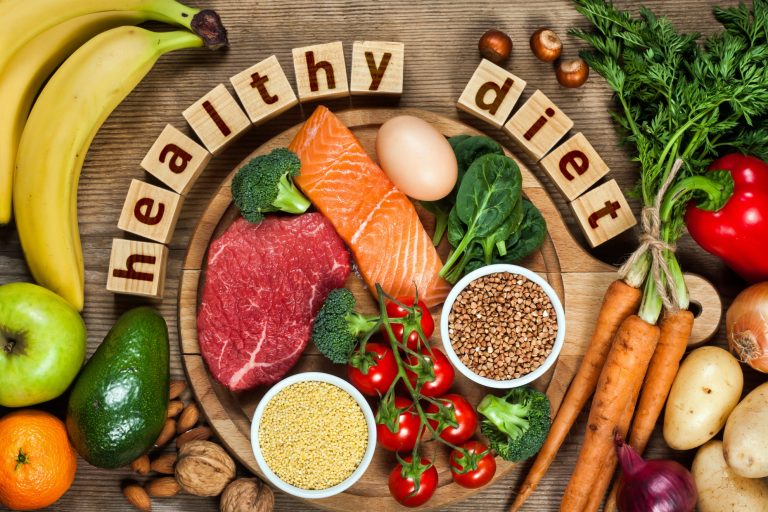
A balanced diet is essential to health
Table of Contents
Minerals
Various minerals in the Earth’s crust are required for a healthy balanced diet. These inorganic compounds have various roles or functions in the human body as well as in many other species (see a summary of essential minerals needed by plants). A summary of the main minerals involved in a balanced diet is outlined below:
- Iron – Iron is an essential constituent of hemoglobin. The hemoglobin is the molecule responsible for transporting oxygen in the bloodstream. It is also a part of cytochrome (an area important in cell respiration). Thus, it is an important mineral to have in our diet.
- Calcium – Calcium is required for strong bones and teeth. It is also essential in muscle contraction. Calcium can be found in various dairy products, such as cheese and milk.
- Sodium – Sodium is required by nerve cells. It is also used to produce hydrochloric acid that aids in food digestion.
- Iodine – Iodine is used to create thyroxine, a hormone that is partly responsible for controlling metabolic rate in the body.
Recommended reading: The Essential Elements from Science Learning Hub.
Proteins
As mentioned in the Cell Biology tutorial regarding the variety of proteins used in our body, it is essential that our diet contains proteins to achieve a healthy balanced diet. They are the building blocks of enzymes, hormones, and antibodies — all of which are essential in many biological processes.
Proteins consist of amino acids. Some of these amino acids are deemed essential as they cannot be synthesized from other materials and thus must be part of the diet.
Protein is abundant in dairy products, soybeans, meat, and cereal; which are all constituents of a healthy balanced diet.
You will also like...
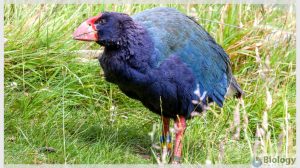
Takahē (Porphyrio hochstetteri)
Meet the colorful takahē, an extremely rare flightless bird. Find out more about its unique features and why they matte..

Digestion and Absorption of Food
The gastrointestinal system breaks down particles of ingested food into molecular forms by enzymes through digestion and..
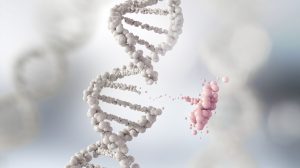
Control of Growth & Development
Control of Growth & Development tutorials look at how the genetic makeup determines the biological processes on a da..
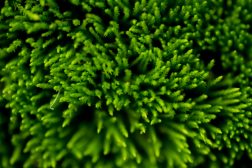
Bryophytes
Bryophytes (nonvascular plants) are a plant group characterized by lacking vascular tissues. They include the mosses, th..
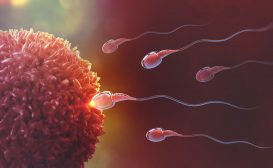
Human Reproduction and Fertilization
For human species to obviate extinction, reproductive mature adults should be producing viable offspring in order to con..
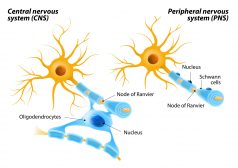
The Central Nervous System
Myelin sheath is essential for a faster conductivity of signals. Know more about this feature of some neurons in the Cen..
